Dr. Firdaus Hariri’s journey from dentistry to pediatric craniofacial surgery is one of passion, dedication, and a deep desire to improve the lives of children with complex craniofacial conditions. Beginning his career as a dental surgeon in Sarawak, his encounters with children suffering from congenital disorders inspired him to pursue a specialty in reconstructive surgery. Today, as a professor and a leader in Malaysia’s only comprehensive craniofacial multidisciplinary team, Dr. Firdaus is at the forefront of life-changing surgeries and groundbreaking research, driven by a mission to provide holistic care and hope to his young patients.
Life is a journey, not a destination. And in Firdaus’ case, it is a sacred journey; from dentistry to paediatric craniofacial surgery. Firdaus Hariri graduated from dentistry in Universiti Malaya and his call to serve as a dental surgeon began in 2004 when he was posted to Sarawak, a state located in the region of East Malaysia in northwest Borneo. Throughout his two-and-a-half year, he developed special interest and passion in providing dental services to children with special needs, mostly children affected by cerebral palsy and down syndrome.
At the same time, he saw young children with unique features, asymmetrical faces with deranged jaws with some of them would require a breathing tube. Those are the children born with complex congenital craniofacial disorders such as Treacher Collins syndrome, Pierre Robin Sequence, Hemifacial Microsomia and Syndromic Craniosynostosis, among others.
The 46-year-old professor at Universiti Malaya’s Faculty of Dentistry has four degrees to his name, both dental and medical degrees, master degree in molecular medicine and a master in oral maxillofacial surgery from The University of Hong Kong (HKU). Throughout the years in the field of oral and maxillofacial surgery, he developed a special interest in paediatric craniofacial disorder and reconstructive surgery, a subspecialised area focusing in children born with structural defects involving the skull, face and jaw regions.
Dr. Firdaus’s first involvement in reconstructive craniofacial surgery was in 2009. Together with his mentor, the late Professor Lim Kwong Cheung of HKU, and a group of Malaysian maxillofacial surgeons, they successfully performed a 16-hour operation on a 16-year-old girl diagnosed with Crouzon syndrome, which is a genetic disorder characterised by early fusion of multiple cranial sutures.
Together with his senior colleagues in neurosurgery, genetics, otorhinolaryngology, ophthalmology, anaesthesiology and oral maxillofacial surgery, the life changing experience has inspired Firdaus to establish a craniofacial multidisciplinary group at Universiti Malaya Medical Centre (UMMC) in 2015. And 9 years later, the multidisciplinary team has expanded by the inclusion of other specialties including paediatric dentistry, orthodontics, as well as hand and orthopaedic microvascular surgery.
However, as the team leader of the only comprehensive craniofacial clinical-research multidisciplinary team in Malaysia, there was a moment when he started to ask himself on how to further improve the children’s growth and development not just from the surgical perspective.
All these questions inspired Firdaus to seek new knowledge to find an in-depth answer in order for his team to further improve the management and provide a holistic evidence-based approach. A strategic establishment of Oro-Craniofacial Research and Surgical (OCReS) group at the Faculty of Dentistry Universiti Malaya was given the green light to strengthen the nation’s craniofacial research field which focuses on the development and improvement of interventions through the comprehensive exploration in fundamentals of craniofacial growth, cell and genome.
Dr. Firdaus’ research during his master in molecular medicine was on advanced metagenomic field which looks into the biodiversity of gut microbiome in children with syndromic craniosynostosis. The results from his study have been expanded to further explore and improve patient’s dietary well-being and their behavioural development.
Due to the degree of severity in skeletal discrepancy among the children with craniofacial syndromes, Dr. Firdaus often required to integrate a tissue engineering technique known as distraction osteogenesis as part of the surgical intervention. This technique allows significant gradual bone lengthening and expansion which are very important in children with increased intracranial pressure, severely bulging eyes and obliterated nasopharynx or oropharynx.
The craniofacial surgery is now considered as a subspecialized area that would require comprehensive ecosystem. Apart from post-surgery recovery and potential serious complications, challenges include parental support system as well as financial aspect as certain intervention would end up with a hefty bill that could come up to more than USD10,000. On top of that, Malaysia’s geographical challenges between Peninsular and East Malaysia has driven Dr. Firdaus and other surgeons from the Ministry of Health Malaysia to help establish a multidisciplinary craniofacial unit in Likas Women and Children Hospital, Kota Kinabalu, Sabah.
“The way forward is via research. Our team actively conduct research on various craniofacial aspects comprising of fundamentals, clinical, application, innovation, morphological, quality of life, and parental support, among others.”
,
Dr. Firdaus and his team has now published more than 70 publications including scientific papers, book chapters, guidebook for parents and guardian, as well as consistently presenting in scientific conferences internationally.
Firdaus remains close to all his ‘little angels’ and their family. He attended birthday parties, visit their homes, active involvement by supporting association such as Apert Syndrome Association Malaysia and even attended the wedding of his very first craniofacial patient, a girl with Crouzon syndrome. As a pioneer, Firdaus has made it his mission to get the right message across to people and hope more young surgeons will embark on a career as a craniomaxillofacial surgeon. Firdaus said his efforts are a way of doing something impactful, a sacred journey, not just for the patients and their family but also for dental and medical fraternity, and most importantly, for humanity.



 Austria / Österreich
Austria / Österreich
 Bosnia and Herzegovina / Босна и Херцеговина
Bosnia and Herzegovina / Босна и Херцеговина
 Bulgaria / България
Bulgaria / България
 Croatia / Hrvatska
Croatia / Hrvatska
 Czech Republic & Slovakia / Česká republika & Slovensko
Czech Republic & Slovakia / Česká republika & Slovensko
 France / France
France / France
 Germany / Deutschland
Germany / Deutschland
 Greece / ΕΛΛΑΔΑ
Greece / ΕΛΛΑΔΑ
 Hungary / Hungary
Hungary / Hungary
 Italy / Italia
Italy / Italia
 Netherlands / Nederland
Netherlands / Nederland
 Nordic / Nordic
Nordic / Nordic
 Poland / Polska
Poland / Polska
 Portugal / Portugal
Portugal / Portugal
 Romania & Moldova / România & Moldova
Romania & Moldova / România & Moldova
 Slovenia / Slovenija
Slovenia / Slovenija
 Serbia & Montenegro / Србија и Црна Гора
Serbia & Montenegro / Србија и Црна Гора
 Spain / España
Spain / España
 Switzerland / Schweiz
Switzerland / Schweiz
 Turkey / Türkiye
Turkey / Türkiye
 UK & Ireland / UK & Ireland
UK & Ireland / UK & Ireland
 International / International
International / International
 Brazil / Brasil
Brazil / Brasil
 Canada / Canada
Canada / Canada
 Latin America / Latinoamérica
Latin America / Latinoamérica
 USA / USA
USA / USA
 China / 中国
China / 中国
 India / भारत गणराज्य
India / भारत गणराज्य
 Pakistan / Pākistān
Pakistan / Pākistān
 Vietnam / Việt Nam
Vietnam / Việt Nam
 Israel / מְדִינַת יִשְׂרָאֵל
Israel / מְדִינַת יִשְׂרָאֵל
 Algeria, Morocco & Tunisia / الجزائر والمغرب وتونس
Algeria, Morocco & Tunisia / الجزائر والمغرب وتونس
 Middle East / Middle East
Middle East / Middle East

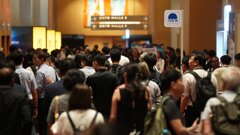

























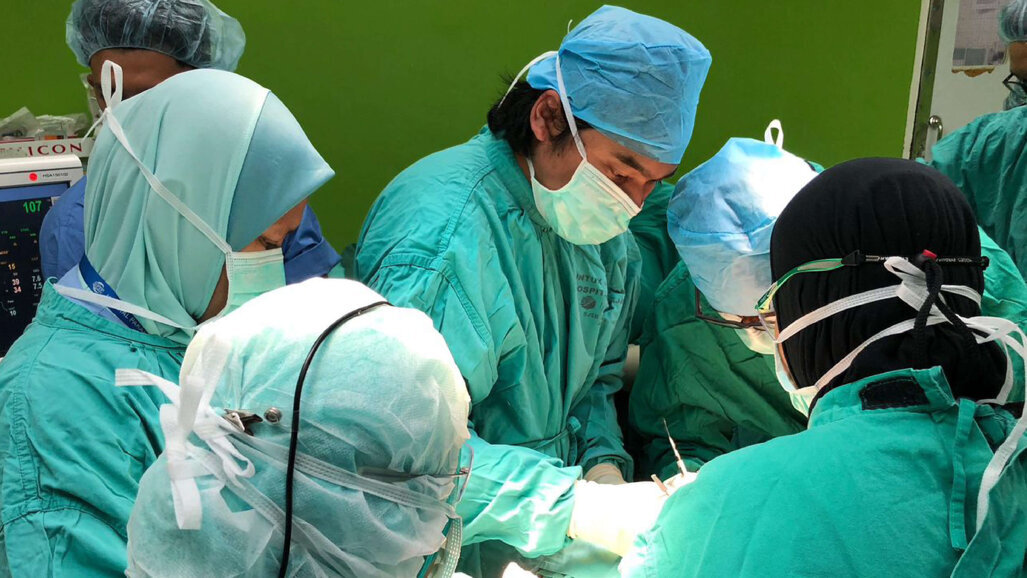


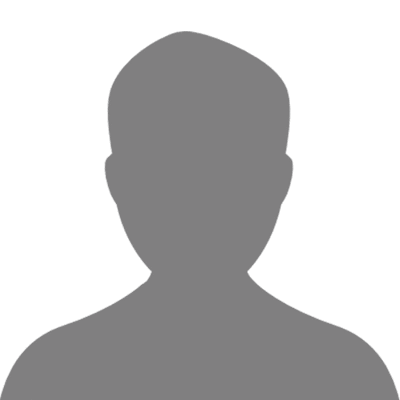
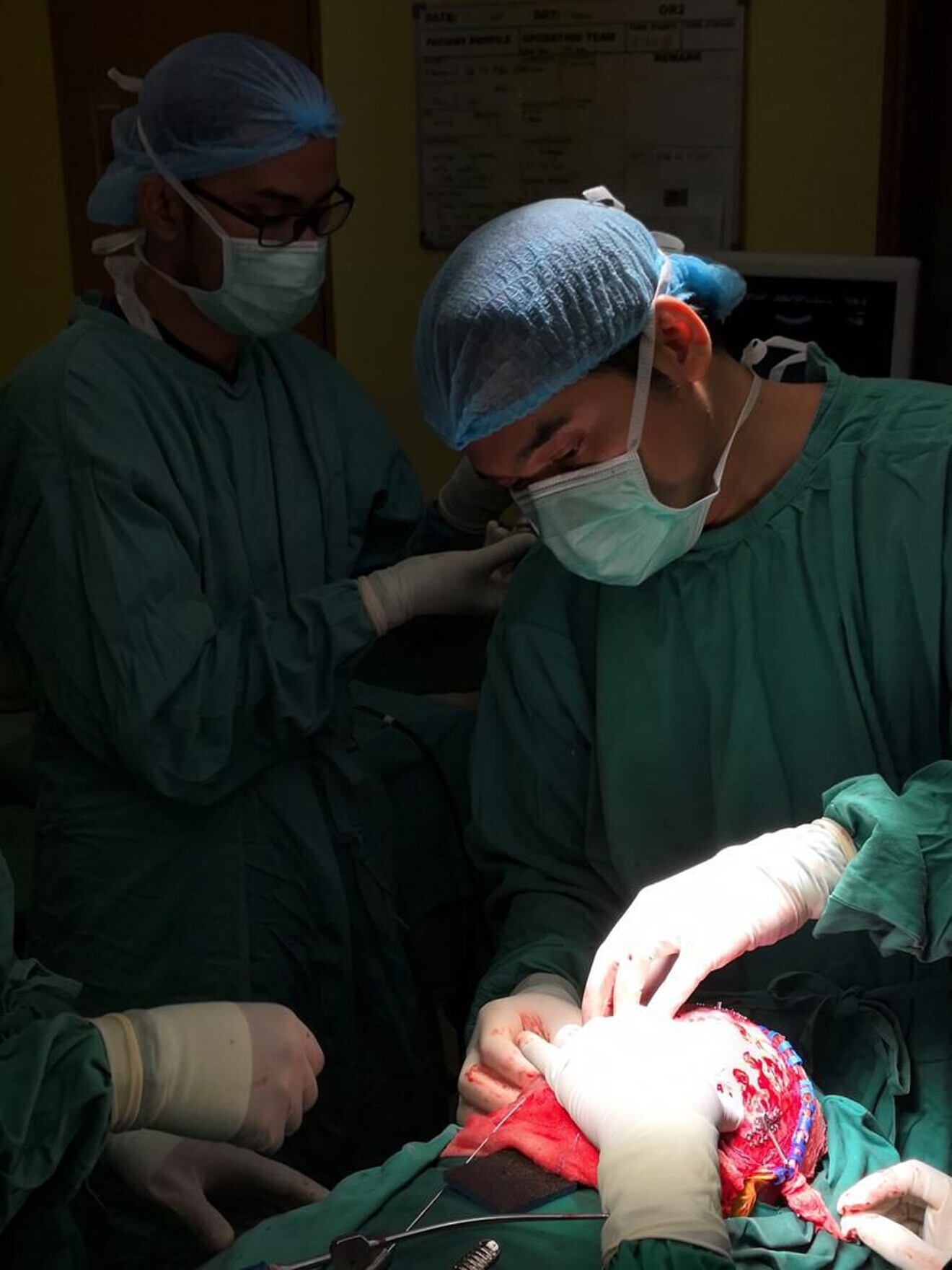
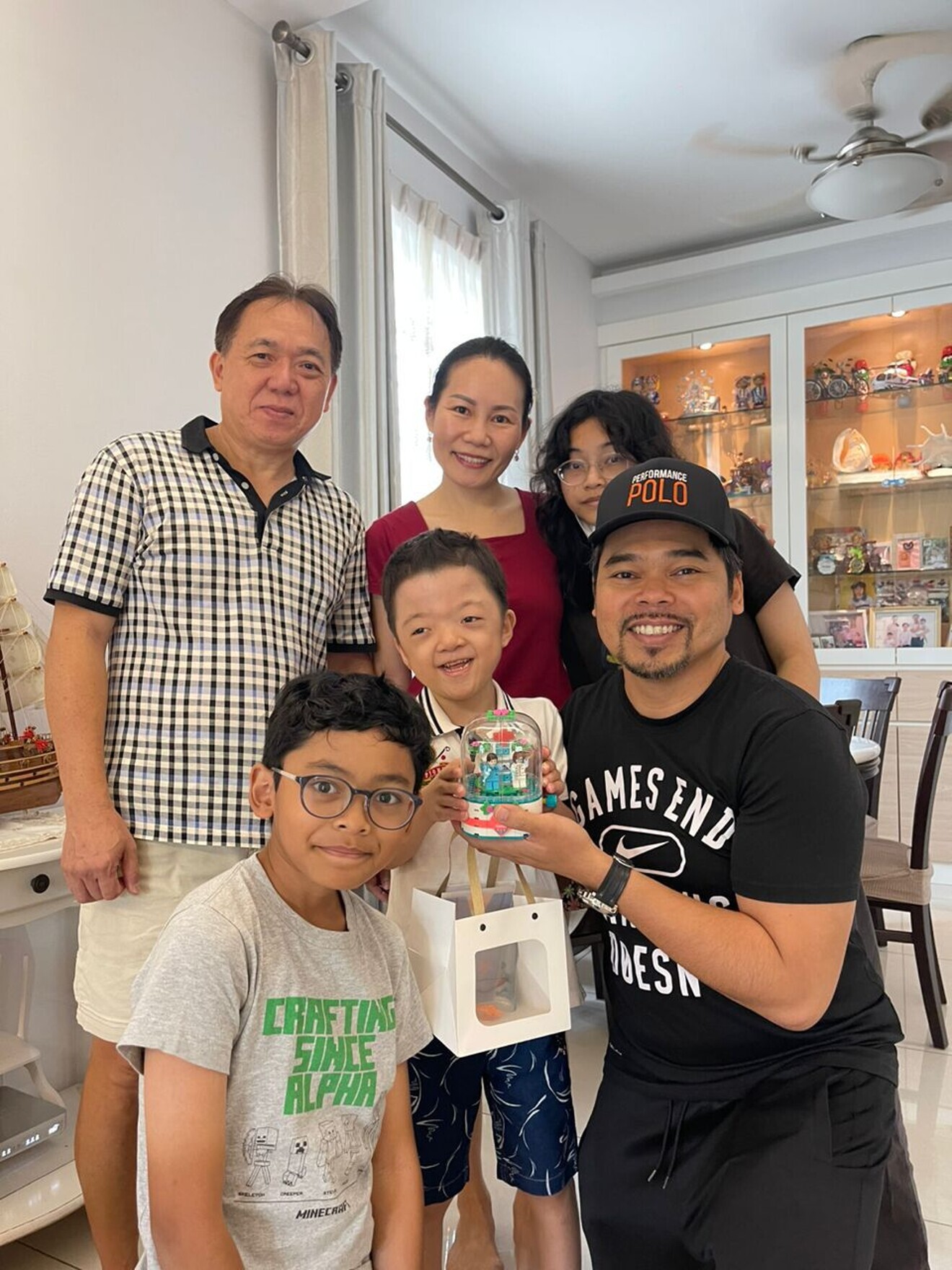
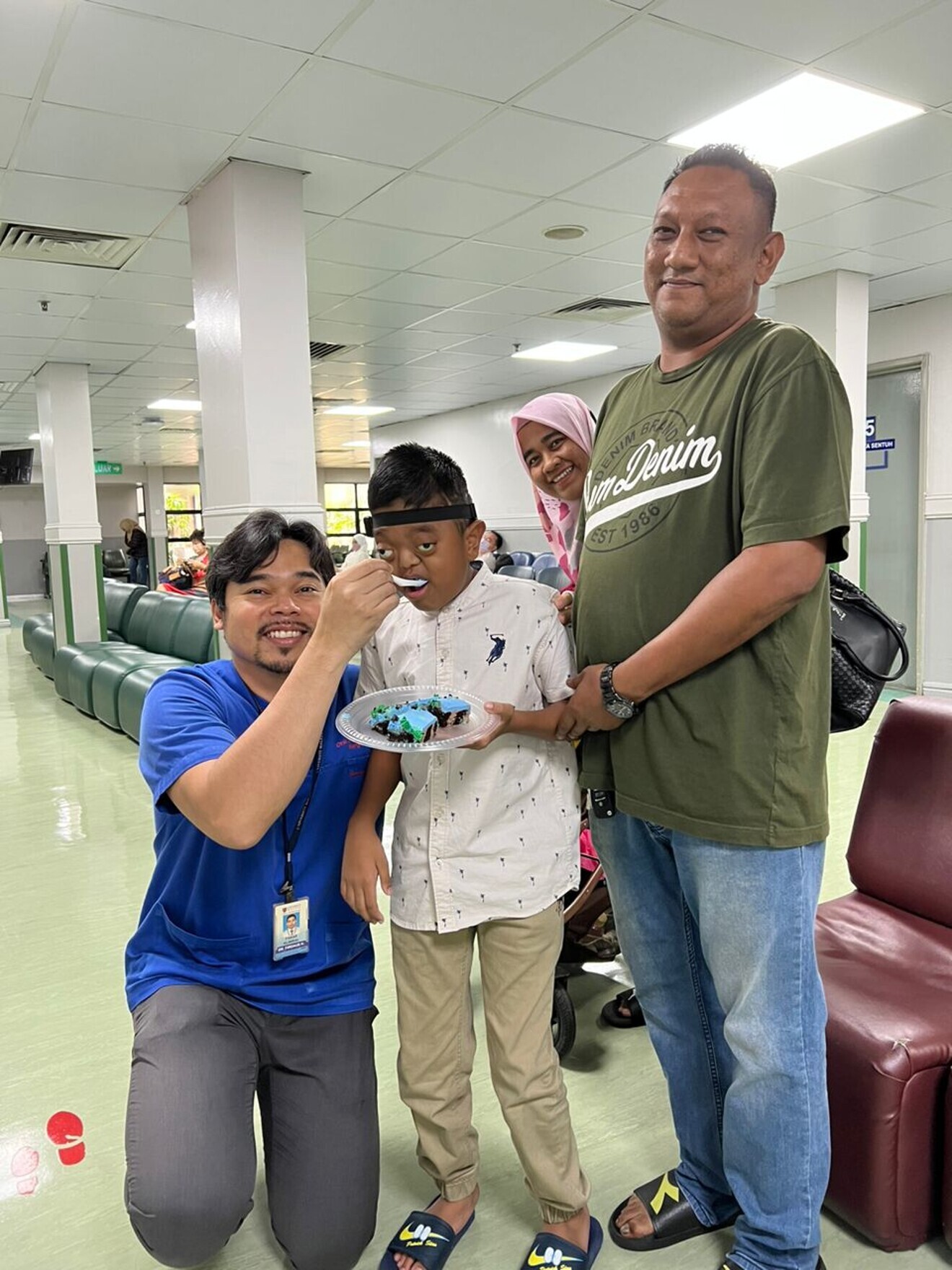



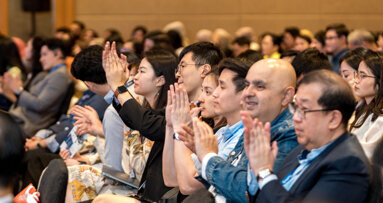

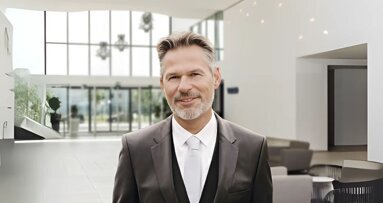
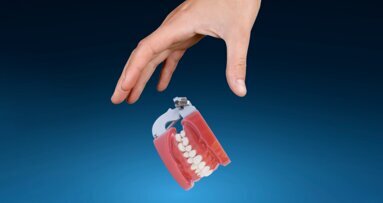

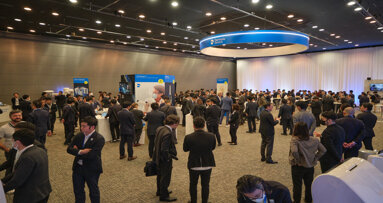
















To post a reply please login or register